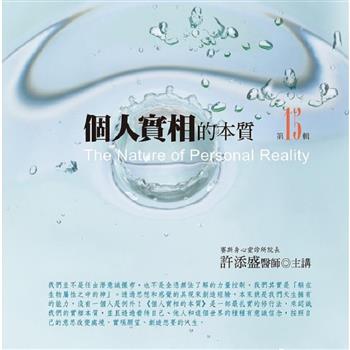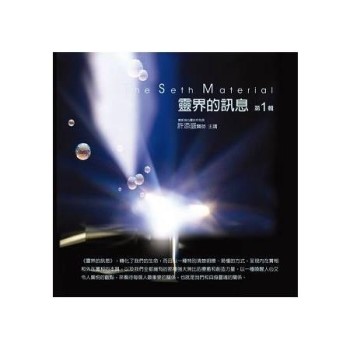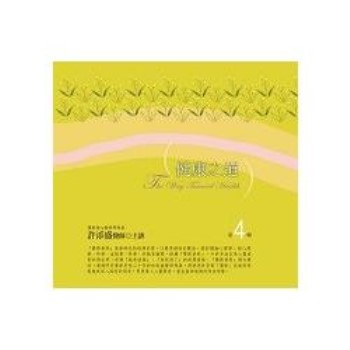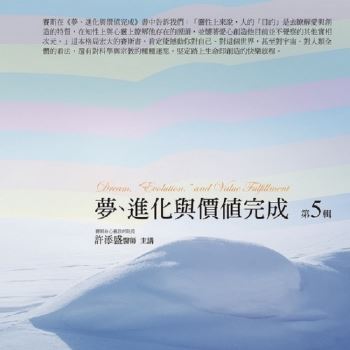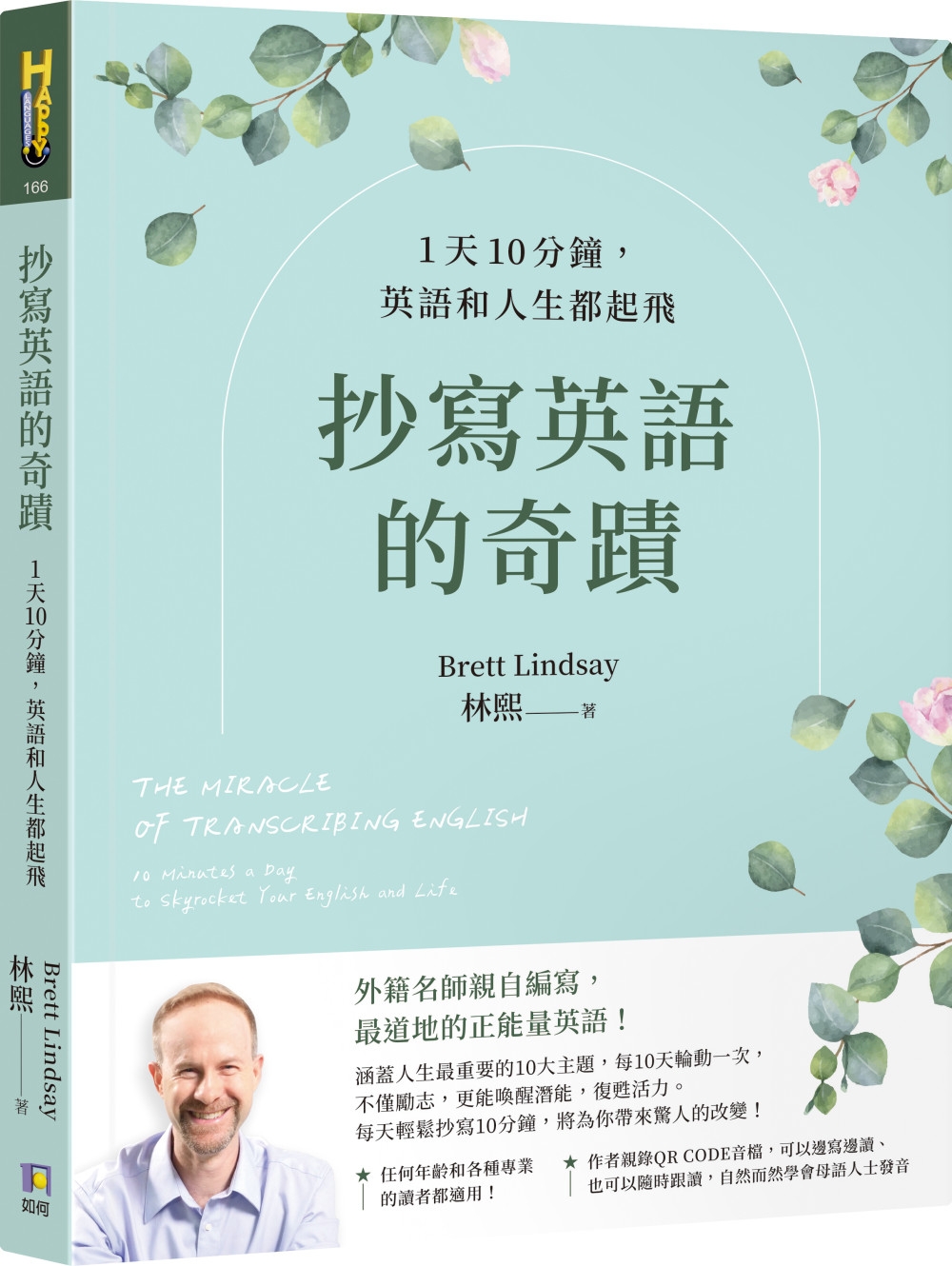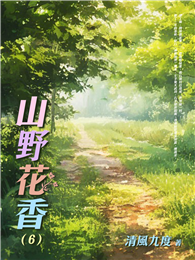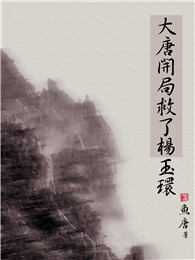| FindBook |
有 1 項符合
Law and Agroecology的圖書 |
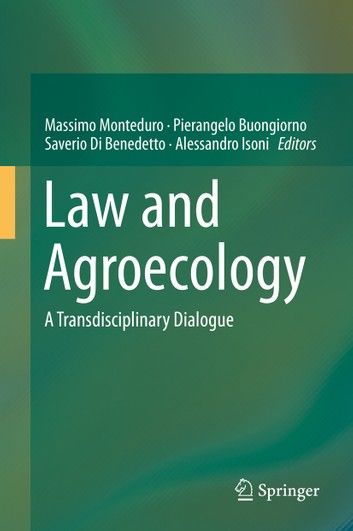 |
Law and Agroecology 出版社:Springer Berlin Heidelberg 出版日期:2015-05-06 語言:英文 |
| 圖書館借閱 |
| 國家圖書館 | 全國圖書書目資訊網 | 國立公共資訊圖書館 | 電子書服務平台 | MetaCat 跨館整合查詢 |
| 臺北市立圖書館 | 新北市立圖書館 | 基隆市公共圖書館 | 桃園市立圖書館 | 新竹縣公共圖書館 |
| 苗栗縣立圖書館 | 臺中市立圖書館 | 彰化縣公共圖書館 | 南投縣文化局 | 雲林縣公共圖書館 |
| 嘉義縣圖書館 | 臺南市立圖書館 | 高雄市立圖書館 | 屏東縣公共圖書館 | 宜蘭縣公共圖書館 |
| 花蓮縣文化局 | 臺東縣文化處 |
|
|
This book represents a first attempt to investigate the relations between Law and Agroecology.
There is a need to adopt a transdisciplinary approach to multifunctional agriculture in order to integrate the agroecological paradigm in legal regulation. This does not require a super-law that hierarchically purports to incorporate and supplant the existing legal fields; rather, it calls for the creation of a trans-law that progressively works to coordinate interlegalities between different legal fields, respecting their autonomy but emphasizing their common historical roots in rus in the process.
Rus, the rural phenomenon as a whole, reflects the plurality and interdependence of different complex systems based jointly on the land as a central point of reference. “Rural” is more than “agricultural”: if agriculture is understood traditionally as an activity aimed at exploiting the land for the production of material goods for use, consumption and private exchange, rurality marks the reintegration of agriculture into a broader sphere, one that is not only economic, but also social and cultural; not only material, but also ideal, relational, historical, and symbolic; and not only private, but also public.
In approaching rus, the natural and social sciences first became specialized, multiplied, and compartmentalized in a plurality of first-order disciplines; later, they began a process of integration into Agroecology as a second-order, multi-perspective and shared research platform. Today, Agroecology is a transdiscipline that integrates other fields of knowledge into the concept of agroecosystems viewed as socio-ecological systems.
However, the law seems to still be stuck in the first stage. Following a reductionist approach, law has deconstructed and shattered the universe of rus into countless, disjointed legal elementary particles, multiplying the planes of analysis and, in particular, keeping Agricultural Law and Environmental Law two separate fields.
|
